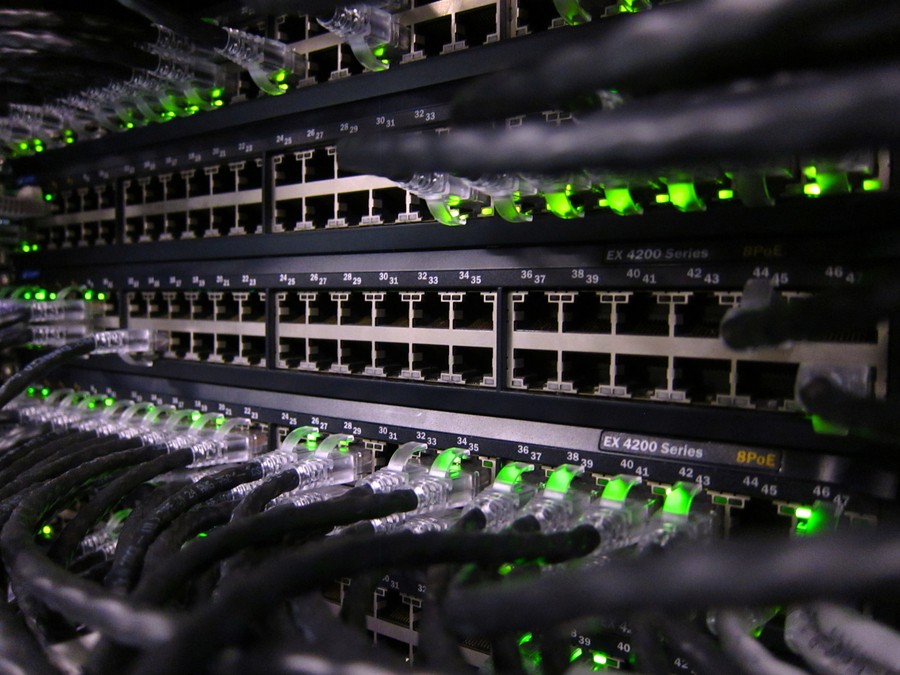SEE ALSO: Upgrade to Wi-Fi 6 for Faster Speeds & Better Connections
Wired Networks
Wired networks, primarily using Ethernet cables, have been the traditional choice for home networking connections. One of the main advantages of this installation is that they provide a stable and consistent network experience. They offer higher speeds, lower latency, and reduced susceptibility to interference compared to wireless connections. This makes them ideal for online gaming, video streaming, and large file transfers.
Wired networks are also inherently more secure. Wireless networks broadcast the signals over the air and can be intercepted by nearby devices, potentially compromising the network's security. In contrast, wired connections are not susceptible to eavesdropping or unauthorized access unless physical access to the cables is obtained. This makes wired connections a preferred choice for environments where data privacy is paramount.
Another great perk of Ethernet networks is they are easily expandable. You can add switches and connect multiple devices without compromising network performance. This scalability is especially beneficial for larger homes or with numerous wired devices. Are your kids playing online video games while you are trying to hold a business video meeting? No worries; your wired connection can support it all!
Wireless Networks
While wired networks have many fantastic benefits, you can also find unique advantages to a wireless internet connection. For example, wireless networks allow you to connect devices without needing physical cables, providing freedom of movement and flexibility in device placement. This is especially useful for mobile devices like laptops, smartphones, and tablets, which takes us to our next amazing perk of Wi-Fi connections: device compatibility.








